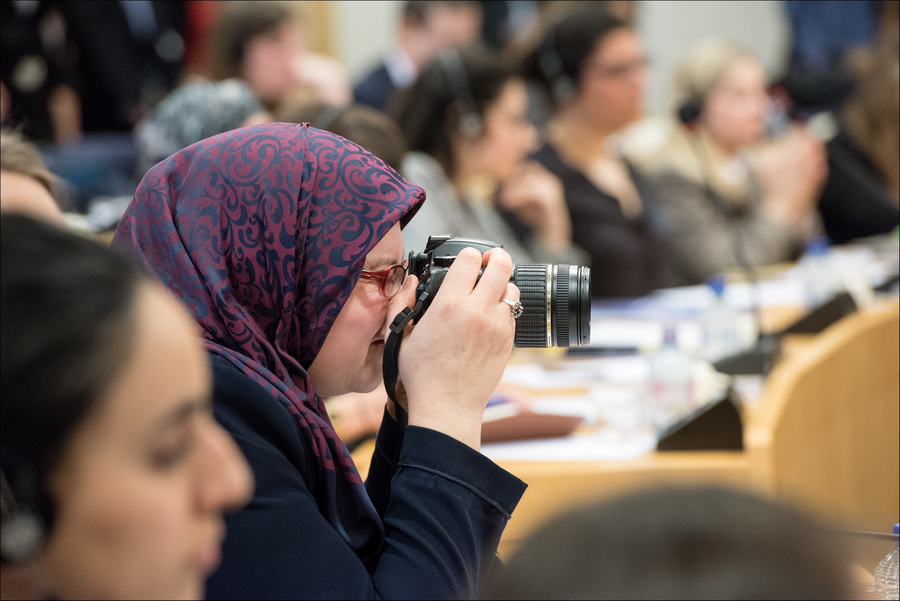Conferences and debates
Index / Activities / Conferences and debates / Islam in Europe: Paths of dialogue and meeting points
Islam in Europe: Paths of dialogue and meeting points
May 10, 2016 7:30 p.m.
CORDOBA
Casa Árabe Auditorium (at Calle Samuel de los Santos Gener, 9)
7:30 p.m.
Free entry until the event’s capacity is reached.
In Spanish.
Casa Árabe has invited Professor Juan José Tamayo to speak about Islam in Europe.
Philosopher Raimon Panikkar (1993) argued that without dialogue human beings are asphyxiated and religions grow stagnant. This claim is applicable to the relations between Islam and the West, and most especially to Islam as a religion and the Muslim believers who live in Europe. In confrontation with the war-based theory which defends a clash of civilizations and religious fundamentalisms as a historical law, Professor Tamayo will talk about the need to move along paths of dialogue and meeting points in order to build an inter-religious, intercultural and inter-ethnic Europe that acknowledges and respects diversity and pluralism in all fields of knowledge and human endeavors: religion, culture, ethnicity, gender, sex, etc. Likewise, far from the theories which claim upon Europe’s political and religious construction have been completed through two “anti-” movements (Antisemitism and anti-Islam), Juan José Tamayo shows us that Islam is Europe’s alter ego and that European Muslims, both men and women alike, enrich our pluralistic identity while contributing to building an open society. The statement that Islam forms part of Europe’s heritage and that Muslims are our brethren will provide a cross-cutting guide for the presentation and debate thereafter.
Juan José Tamayo Acosta is the director of the Theology and Religion Sciences Professorship and a member of the Scientific Committee of the University Gender Studies Institute, both positions held at the Universidad Carlos III of Madrid. He has been a guest professor at many Spanish, European, American and Latin American universities, including his current participation in the Master’s degree program in Human Rights and Conflict Resolution at the University of Cordoba. His fields of research in studies on feminism have focused on gender-related violence in religions, a topic on which he has organized two congresses at the Universidad Carlos III of Madrid (2014, 2015). He has also worked on the subjects of hegemonic masculinities and sacred masculinities as the foundation of patriarchy, a topic on which he has organized two summer courses at the Universidad Internacional de Andalucía with Professor Octavio Salazar. Similarly, he has authored many articles and various works on feminism, the most notable of which include Religión, género y violencia (Religion, Gender and Violence, published by Dykinson, 2016); Islam. Sociedad, política y feminismo (Islam: Society, politics and feminism, published by Dykinson, 2014), and Islam Cultura, religión y política, (Islam: Culture, religion and politics, published by Trotta, 2010).

